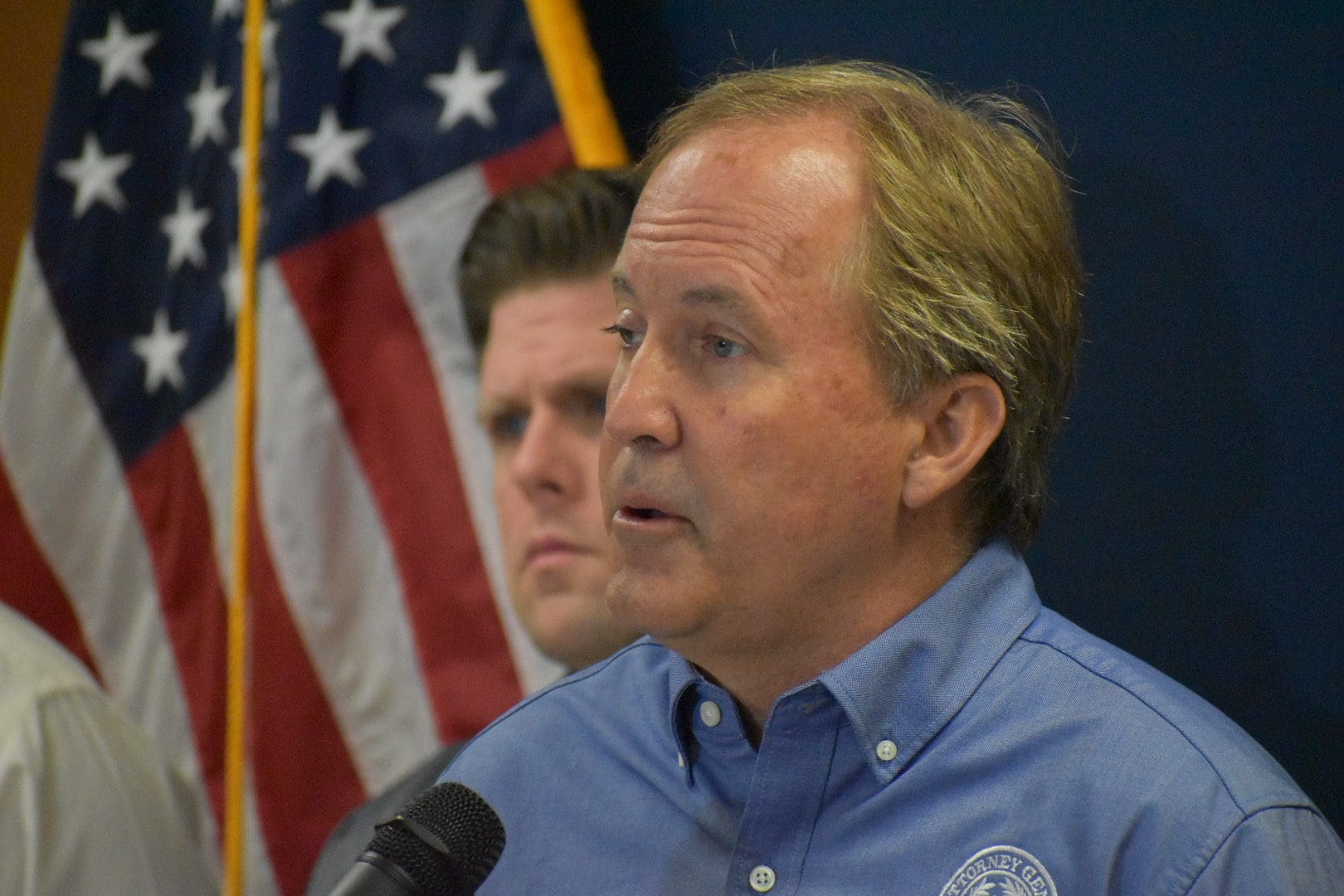When it comes to conservative records, Austin-area State Rep. Paul Workman (R-Austin) can only lean on his 2011 freshman session.
Since then, he’s scored a trifecta of F-ratings on the Fiscal Responsibility Index.
That’s why it’s surprising that Workman’s recent radio advertisement suggests that “his” Granny Tax plan aimed at increasing nursing home Medicaid reimbursements is a “fiscally responsible conservative reform Republicans have fought for.”
In reality, Workman’s Granny Tax is a liberal progressive prescription for remedying increasing nursing home costs. It was backed unanimously by the Democrats, and passed out of the House with less than majority support from Republicans.
Most recently proposed by State Rep. J.D. Sheffield (R–Gatesville), the Granny Tax is a fee increase on all nursing home beds in the state. Collected by an unaccountable private industry group, these funds would be used to draw matching federal dollars and then be redistributed back to nursing home operators.
But what if a nursing home primarily services private-pay senior residents?
Under the bill, private-pay providers, who service a wide range of residents from elderly veterans to retired teachers, would pin their hopes on the private industry group fully reimbursing them since a boost in Medicaid rates wouldn’t cover the amounts they would be required to pay under the program (up to $500,000 in some cases).
Workman’s ad claims the measure would raise the level of nursing home care with “no taxes,” alluding to basic language in the bill aimed at prohibiting nursing homes from itemizing the tax on resident’s bills.
But many familiar with this issue see loopholes.
With providers operating on tight margins, it’s unrealistic to expect the homes to absorb the tax without passing on the additional cost or cutting services. The only source of revenue in a nursing home is patient care. That’s why the bill drew opposition from the Texas Public Policy Foundation and many private-pay nursing facilities.
Contrast the Granny Tax scheme with Senate Bill 1819, authored by State. Sen. Konni Burton (R–Colleyville). Her bill would have amended state law related to Medicaid nursing facility rates, allowing for quality-based payment incentives and allowing appropriations beyond base-rate funding. Burton’s solution, while imperfect, is an honest and transparent model for quality investment and more akin to what a true fiscal conservative would propose.
The truth is that the Granny Tax is a deceptive and poor solution that creates a massive redistribution scheme based on a new tax and balances costs on the backs of the most vulnerable among us. The result is another layer of bureaucracy and entangling of the state with federal programs and edicts while handing piles of cash to unaccountable industry leaders.
The pro-Workman radio ad discloses it was paid for by “Texans Caring for Seniors.” A simple search of the organization’s campaign finance reports shows, unsurprisingly, it is entirely funded by nursing homes across Texas who sought to benefit from the granny tax bill. The group’s address leads to an organization called Creative Solutions in Healthcare, a network of over 50 nursing homes in Texas headquartered in Fort Worth that pushes residents into federal Medicaid programs.
It’s unsurprising that the big nursing home companies would spend their money attempting to sway public opinion on the Granny Tax, as voters across Texas have learned of the pernicious proposal while lawmakers have released canned excuses for supporting the bill.
With incumbents like Workman running for reelection on the issue, voters will have their opportunity to weigh in on March 6. The Granny Tax will undoubtedly be back next session. If voters want it passed, they can reelect representatives like Paul Workman.




